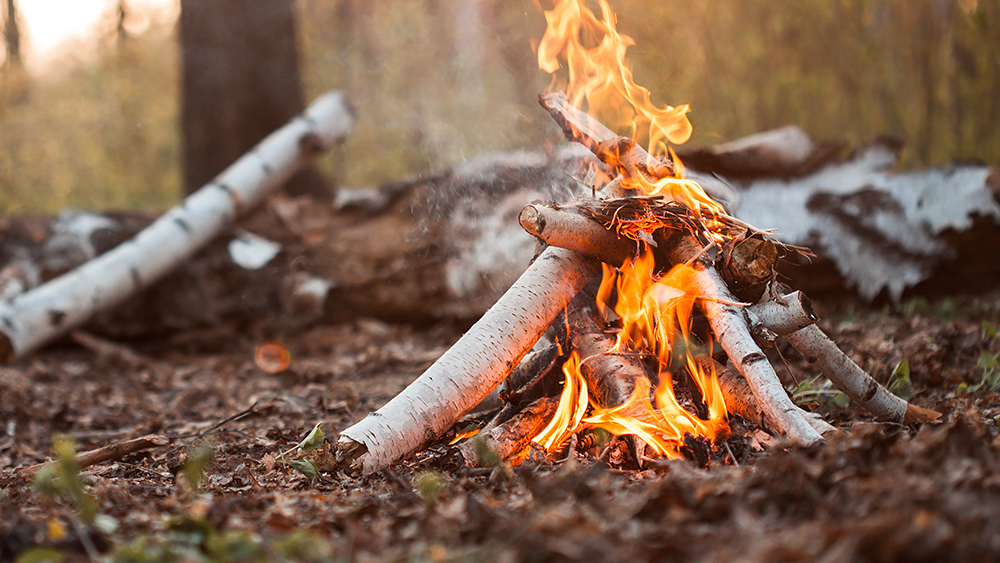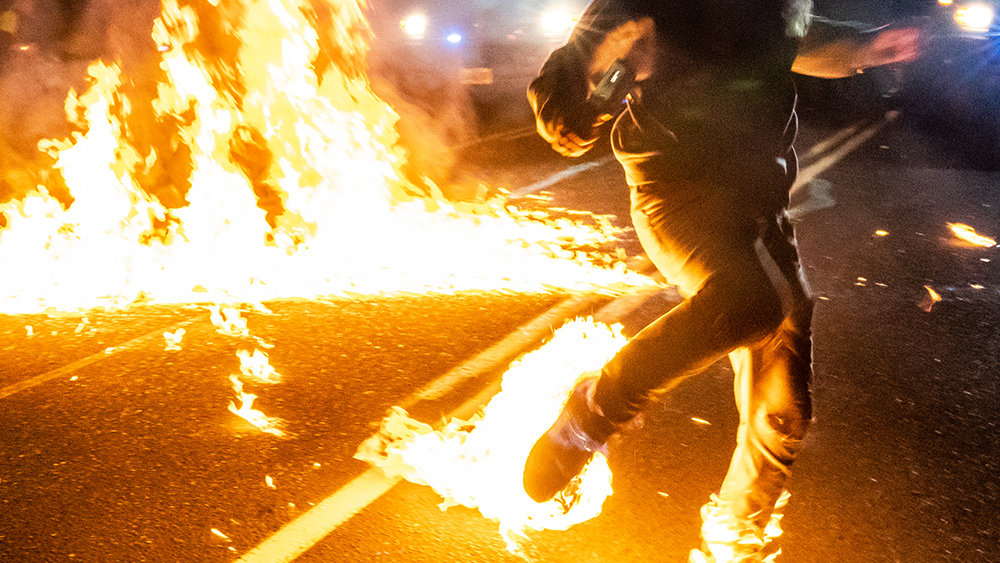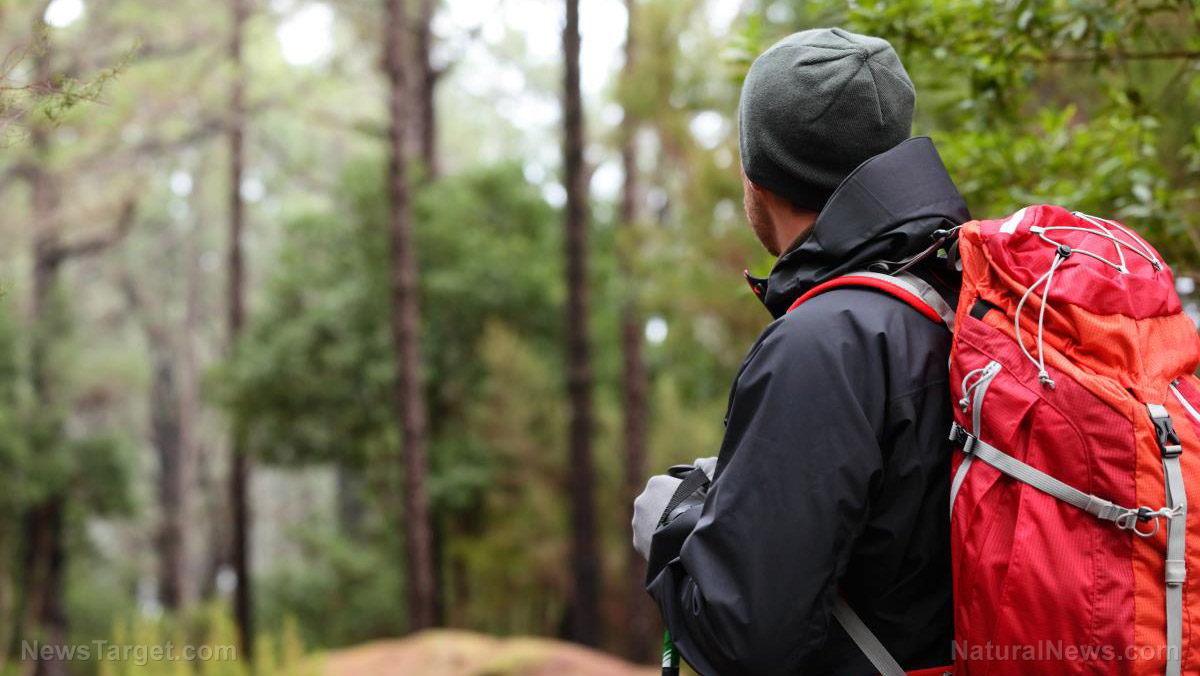
Counter sniping is an important skill for any prepper. In survival situations, the threat of sniping becomes high if you carry a lot of valuable possessions. You have two choices when you're a target: You either flee or return fire. Since running away will do no good if you're under attack by a skilled sniper, your best bet is counter sniping.
David Andrew Brown, a retired Green Beret who has over 20 years of active service, recommended several counter sniping tactics in an interview with Prepper's Will. (h/t to PreppersWill.com)
Band together in small groups
Counter sniping is not going to be effective if you're doing it alone. Even in the military, according to Brown, many counter sniping units are three-person teams. Each team is composed of a gunner, a spotter and a man for security. The gunner is the skilled marksman while the spotter gives the gunner the correction factors. The third man observes the premises for security threats.
Consider correction factors
Correction factors are conditions that must be adjusted to ensure the accuracy of the shot. Many of these factors involve weather. Humidity and cold temperatures, for instance, affect accuracy because the bullet must travel through a heavier medium than warm, dry air.
According to Brown, it takes special training to understand all of these environmental effects. Therefore, it's important to incorporate how the environment affects shooting into your counter sniping training.
Estimate distance
Determining the distance to the target forms an important part of counter sniping. Brown recommends breaking down the distance into smaller chunks and adding them up to make a more precise measurement. For instance, you can divide the distance by 100 yards.
Bring shooting supplies
Brown urges all survivalists to bring their shooting supplies wherever they go. Avoid going overboard, however. Bring only the basic reloading supplies, such as binoculars, powder, primers, bullets and cases. Choose a firearm that's easy to carry. (Related: Prepper firearms and gear: Considerations for efficient and safe concealed carry.)
Study your surroundings
Familiarizing yourself with your surroundings is important for hatching up a defense. It helps you pin down the location of your sniper and assess where to go once the bullet starts raining. According to Brown, snipers commonly seek high ground or high structures and avoid shooting from a position without clear escape routes. Clear common sniper positions like hills and set traps in escape routes.
Choose a concealed defensive position
Seek a concealed defensive position to confuse the sniper. Look for places covered in shadows and keep low to the ground. Part of the concealment tactic is to camouflage yourself. You can tie tree branches and grasses to your body and rifle, and streak your face and hands with mud. Avoid wearing recognizable clothing.
Use loopholes
When the sniping happens at your home, one of the most effective ways of counter sniping is to use loopholes. Loopholes are narrow slits cut into the walls at strategic positions. These slits allow gunner weapons to be fired out from a fortification while the sniper remains undercover.
Pile dirt below and around the loophole and avoid sticking your rifle barrel through the loop-hole as doing otherwise will give your position away. Instead, shoot from a distance behind the opening. Consider painting false loopholes outside your house to confuse attackers.
Hit the ground if you're on foot
Brown recommends quickly dropping down to the ground if you're under attack on foot. Look for places covered in shadows and roll over to that spot. The best-concealed person should try to spot the sniper’s location while the others pick an escape route.
Sniping is a lethal threat, especially if you're dealing with a skilled marksman. If you can't mount a good defense, your chance of survival gets substantially diminished. Incorporate these tactics into your counter sniping training.
Sources include:
Please contact us for more information.





















